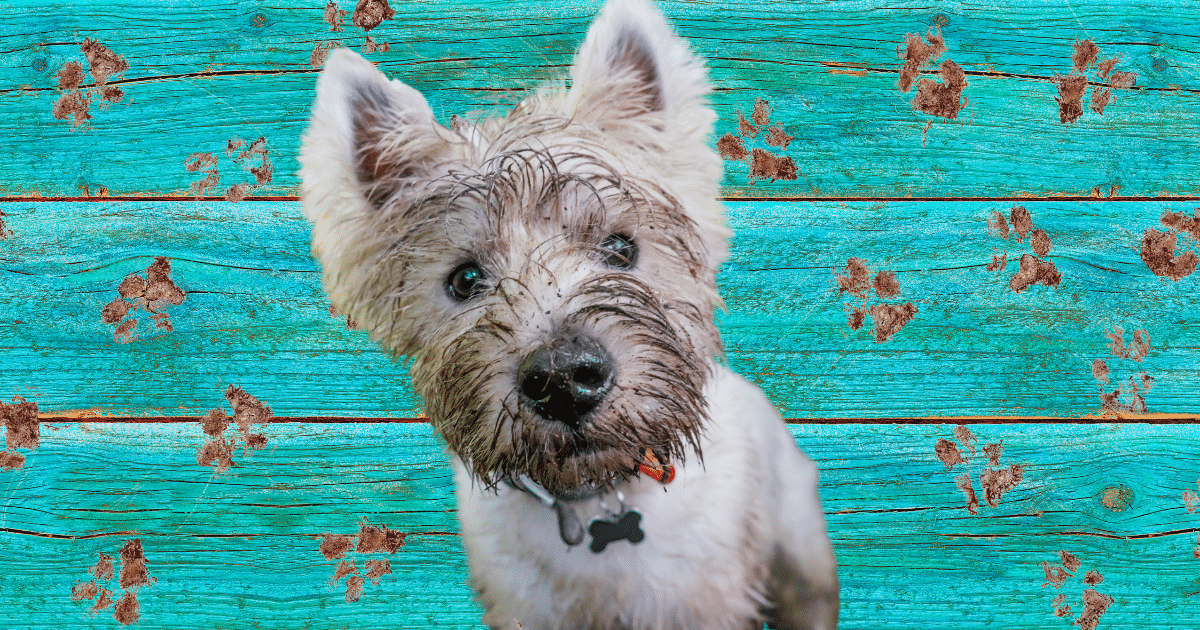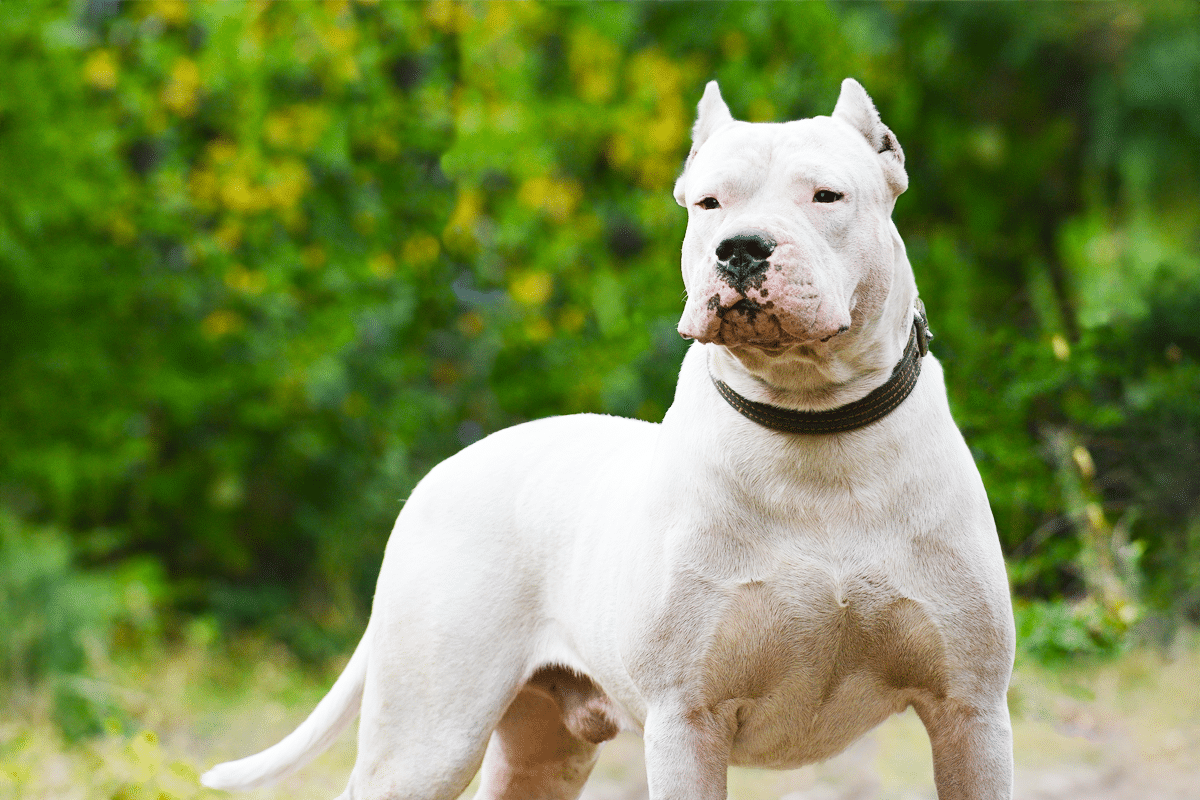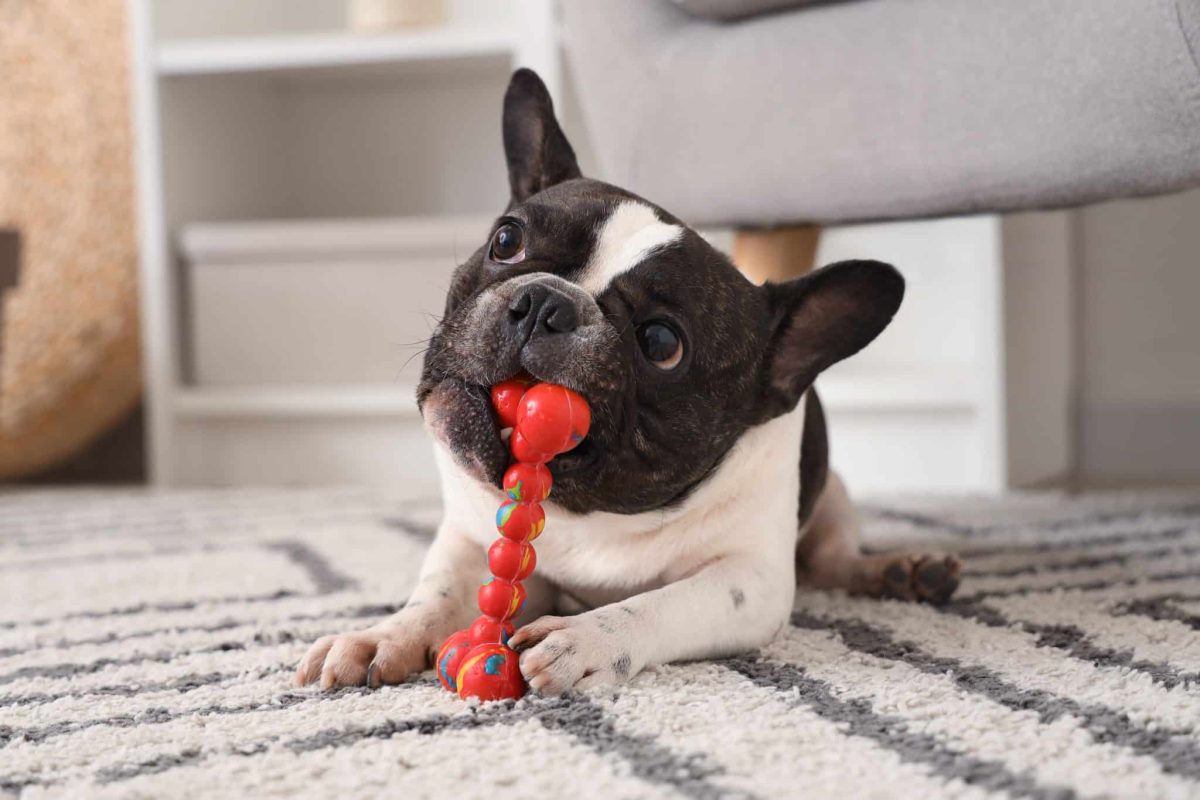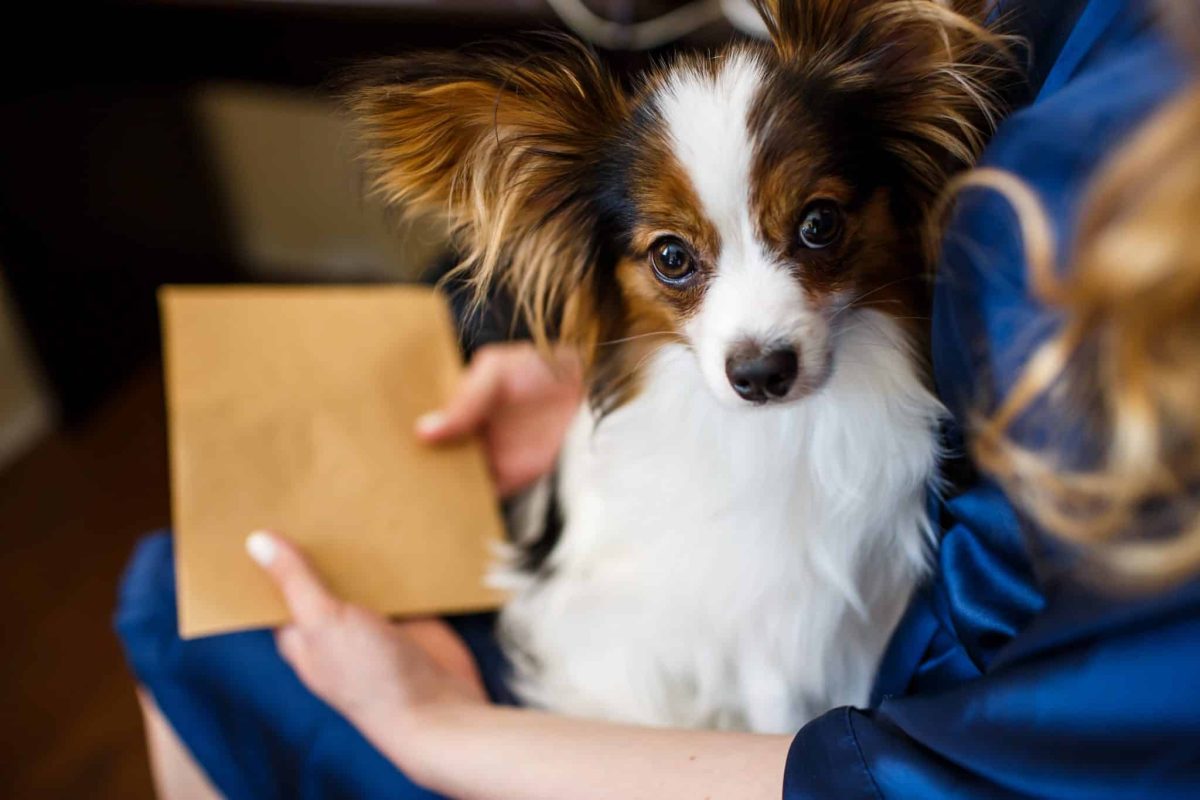 Shutterstock
Shutterstock
Dogs are known for their love of food, so it can be surprising when they suddenly reject a treat they once devoured with excitement. A once-beloved snack being ignored, sniffed, or spat out can confuse and concern owners. This behavior shift might be caused by changes in health, taste preferences, or even psychological factors. While some reasons are temporary and harmless, others could signal an underlying issue that needs attention. Understanding why dogs suddenly dislike their favorite treat can help owners address concerns and keep their furry friends happy and healthy.
Their Taste Buds Are Changing
 Shutterstock
Shutterstock
Like humans, dogs can experience changes in their taste preferences over time. A once irresistible treat may no longer be appealing due to subtle shifts in their senses. Aging, hormonal changes, or dietary adjustments can alter how a dog perceives flavors. If a dog suddenly turns away from a previously beloved snack, it might simply mean their taste buds have evolved, and they’re looking for something new and exciting to munch on.
They Are Feeling Unwell
 Shutterstock
Shutterstock
A sudden disinterest in treats can sometimes indicate an underlying health issue. Stomach problems, nausea, dental pain, or infections can make eating uncomfortable or unappealing. If a dog normally loves treats but suddenly refuses them, it may be experiencing discomfort that affects its appetite. Monitoring for other symptoms, such as lethargy, vomiting, or difficulty chewing, can help determine whether a vet visit is necessary.
The Treats Have Gone Stale or Spoiled
 Shutterstock
Shutterstock
Dogs have an incredible sense of smell and can detect even the slightest change in food quality. If a treat has gone stale, rancid, or been exposed to moisture, a dog may instinctively reject it. Even if the treat looks fine to the human eye, its scent or texture might have changed enough for a dog to lose interest. Checking the expiration date and ensuring treats are stored properly can help keep them fresh and appealing.
They Had a Bad Experience with That Treat
 Shutterstock
Shutterstock
Dogs can form negative associations with food just like humans can. If a dog ate a treat before experiencing nausea, an upset stomach, or a stressful event, it might connect that specific snack with discomfort. Even if the treat wasn’t the direct cause, the memory of feeling unwell could make them avoid it. In such cases, offering the treatment in a positive and relaxed environment may help them regain their trust.
They Are Bored and Want Something New
 Shutterstock
Shutterstock
Sometimes, a dog may refuse a treat simply because it’s bored. Eating the same snack repeatedly can make it less exciting, leading them to crave variety. Dogs enjoy novelty; just like people, they appreciate a change in flavors and textures. Introducing new treats or rotating different options can keep snack time interesting and prevent boredom from setting in.
Their Diet Has Recently Changed
 Shutterstock
Shutterstock
A change in a dog’s diet can affect its interest in treats. Switching to a new type of dog food, adding supplements, or adjusting portion sizes may alter a dog’s appetite and cravings. If their daily meals become more satisfying or rich in flavor, they may no longer feel the need to snack on their usual treats. Ensuring a balanced diet while keeping treats as a special reward can help maintain their interest in occasional snacks.
The Texture or Size Feels Different
 Shutterstock
Shutterstock
Dogs can be particular about the texture and size of their food, and any change in these factors might make a treat less appealing. If a treat brand has altered its recipe, making it softer, harder, or crumblier, a dog may no longer enjoy it the same way. Additionally, dogs with dental issues or missing teeth may struggle to chew certain textures. Offering treats that are easier to chew or breaking them into smaller pieces can help make them more enjoyable again.
They Are Full and Not in the Mood for Treats
 Shutterstock
Shutterstock
It’s possible that a dog isn’t hungry when offered a treat. If they’ve had a satisfying meal, eaten a lot of snacks throughout the day, or are feeling less active, they may not feel the urge to indulge. Overfeeding can also reduce the enthusiasm for treats, making them seem less special. Offering treats at appropriate times, such as after training or exercise, can entice them.
They Are Holding Out for Something Better
 Shutterstock
Shutterstock
Dogs are smart, and some will refuse a treat if they think a better option is coming. If they’ve been spoiled with high-value rewards like meat, cheese, or peanut butter, they may start turning their noses up at ordinary treats. This is especially common if they’ve learned that refusing a treat results in their owner offering something tastier. Maintaining consistency and not giving in to picky behavior can help prevent them from developing snack-time stubbornness.
The Great Treat Rejection Mystery
 Shutterstock
Shutterstock
A dog suddenly refusing its favorite treats might seem unexpected, but there’s always a reason behind the change. Shifts in taste, health, or environment can impact their appetite, making once-loved snacks less appealing. Identifying the cause helps keep them excited about treats while ensuring that no underlying issues need attention. Even if they turn their nose up at one snack, they’ll likely come running for something better—especially if it means getting extra affection, a tastier reward, or the undeniable joy of seeing their favorite human trying to win them over!

 4 weeks ago
14
4 weeks ago
14


















 English (US) ·
English (US) ·